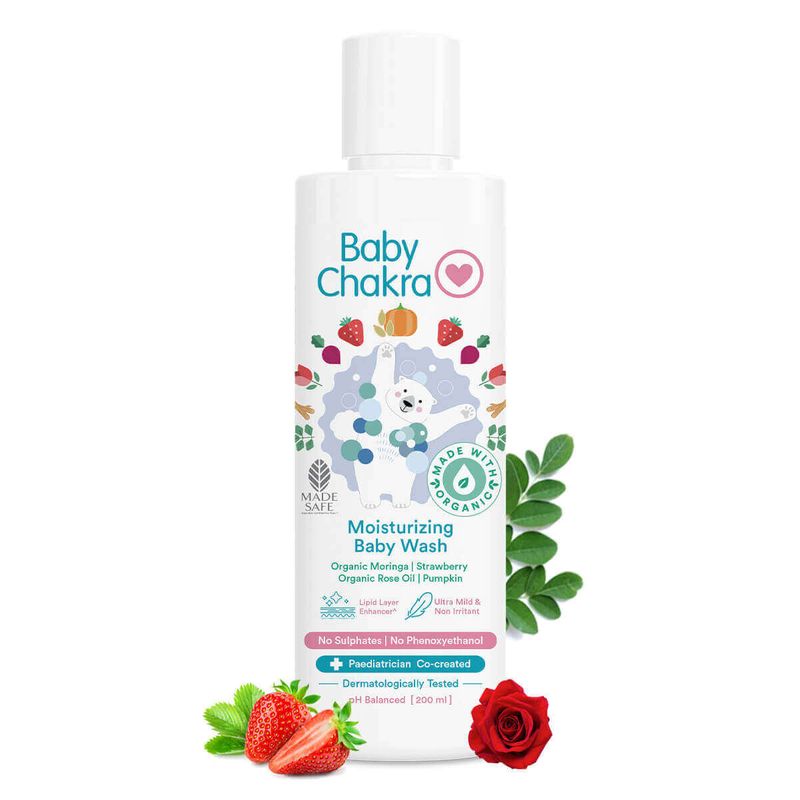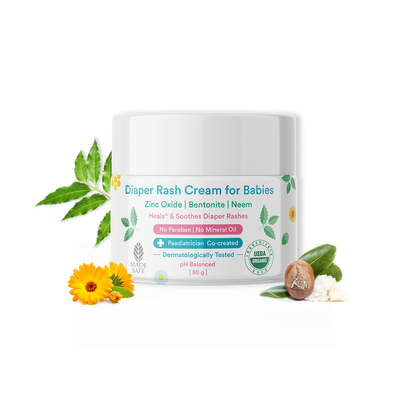
When To Expect Your First Period After C-Section Delivery?
23 May 2023 | 5 min Read
Sudeshna Chakravarti
Author | 799 Articles
The onset of your first period after c-section may not differ that much from a vaginal delivery. However, when you get your period may depend on the state of your body, hormonal status, and whether you are breastfeeding after delivery.
Read on as we tell you more about the factors that influence the re-establishment of your cycle after c-section delivery when your menstruation cycle can be a cause for concern.
When Do You Get Your First Period After C-Section Delivery?

Factors such as your overall health and hormonal levels may influence the return of your period after childbirth / Image credit: Freepik
The return of your menstrual cycle after c-section delivery may depend on your breastfeeding frequency, and how soon your hormones return to their normal state, as there is a drop in oestrogen and progesterone levels after pregnancy.
- If you are breastfeeding exclusively, you may not get your period back until you wean your little one.
- If you aren’t breastfeeding, you may get your period back in 5-6 weeks after delivery.
Will C-Section Delivery Delay Your First Period?
No, having a c-section delivery does not necessarily delay your first period. As discussed, the return of your menstrual cycle will be primarily influenced by your hormones, breastfeeding status, and your health conditions before and after pregnancy.
Additional Factors That Affect Your First Period After C-Section Delivery
While the hormonal changes occurring in your body may have a significant effect on your menstrual cycle, a few additional factors that can influence the return of your period include:
- Irregular menstrual cycle before pregnancy
- Excess weight loss or weight gain
- Stress
- Exhaustion after childbirth
- Reduced physical activity
- Thyroid disorder
Changes In Your First Period After C-Section Or Vaginal Delivery
Your period after c-section or vaginal delivery may not be the same as the ones you experienced before pregnancy. This is because your body is adjusting to your menstrual cycle once again, and hence it may differ from your pre-pregnancy menstruation in various aspects.
- You may have a heavy flow: Your bleeding could be heavier during the first period after c-section delivery. The surgical incision on your uterine wall is one of the reasons this happens.
- The blood is bright red: Due to the clearing of your uterine tissue, your period blood could be bright red in colour.
- Your period may last longer: Your first period after the c-section may continue for seven days. In some cases, you may have heavy bleeding for 4-5 days, and then experience light spotting for a longer time.
- Your cycle may be irregular: Certain factors, such as stress, weight gain or loss, or thyroid problems can contribute to an irregular menstrual cycle after pregnancy.
- You may notice blood clots: You may also notice bright red or dark-coloured clots, especially if your first period is heavy.
It may take some time for your menstrual cycle to normalise after pregnancy. In rare cases, you may not get your regular period for months. Also, in some cases, you may have your first period after delivery, and then experience a break in your cycle before it returns to normal.
Is Your First Period After C-Section Or Vaginal Delivery Delayed Due To Breastfeeding?

Your breastfeeding frequency may affect your menstrual cycle after childbirth / Image credit: Freepik
Your first period may be delayed if you are exclusively breastfeeding due to the hormones produced in your body. To boost breast milk production, your body produces prolactin, which might suppress your reproductive hormones.
Hence, you may not ovulate or produce an egg for fertilisation. As a result, your first period after delivery may get delayed, up until you limit or stop breastfeeding.
How Does The First Period After Delivery Affect Your Breast Milk?
You may notice some changes in your breast milk supply or your little one’s reaction to the milk, once your period returns. Hormonal changes after delivery can result in:
- A decrease in your milk supply
- A change in the composition and taste of your breast milk
However, don’t fret, as these changes are sparse and may not affect your breastfeeding capability.
When To See The Doctor?
If your period doesn’t normalise even after a few months of giving birth, or if you notice unusual changes, then you should check with your healthcare provider. You should also seek medical attention in case of the following instances:
- Heavy bleeding accompanied by pain
- Soaking more than one pad in 1-2 hours
- Foul smell in your period
- Blood clots that are unusual and bigger
- Difficulty in breathing
- Experiencing pain while urinating
Conclusion
Your first period after c-section delivery is mainly influenced by your health, breastfeeding status, and hormones. You may also notice changes in your menstrual cycle after childbirth, such as irregular period, heaving bleeding, or passing of blood clots.
While these changes are normal and occur until your body returns to normalcy, if you notice any unusual symptoms like heavy bleeding or severe pain, then do consult your healthcare provider immediately.
Recommended Baby Care Products:
Also Read:
Kegel exercises after delivery: Strengthen your pelvic floor muscles with these effective Kegel exercises after childbirth.
Postpartum urinary incontinence: We have discussed effective tips to tackle postpartum urinary incontinence. Take a look!
Ovulation symptoms: Learn all about your ovulation symptoms to track your most fertile days in the month.
Cover Image Credit: Freepik.com
A


Related Topics for you
Suggestions offered by doctors on BabyChakra are of advisory nature i.e., for educational and informational purposes only. Content posted on, created for, or compiled by BabyChakra is not intended or designed to replace your doctor's independent judgment about any symptom, condition, or the appropriateness or risks of a procedure or treatment for a given person.



